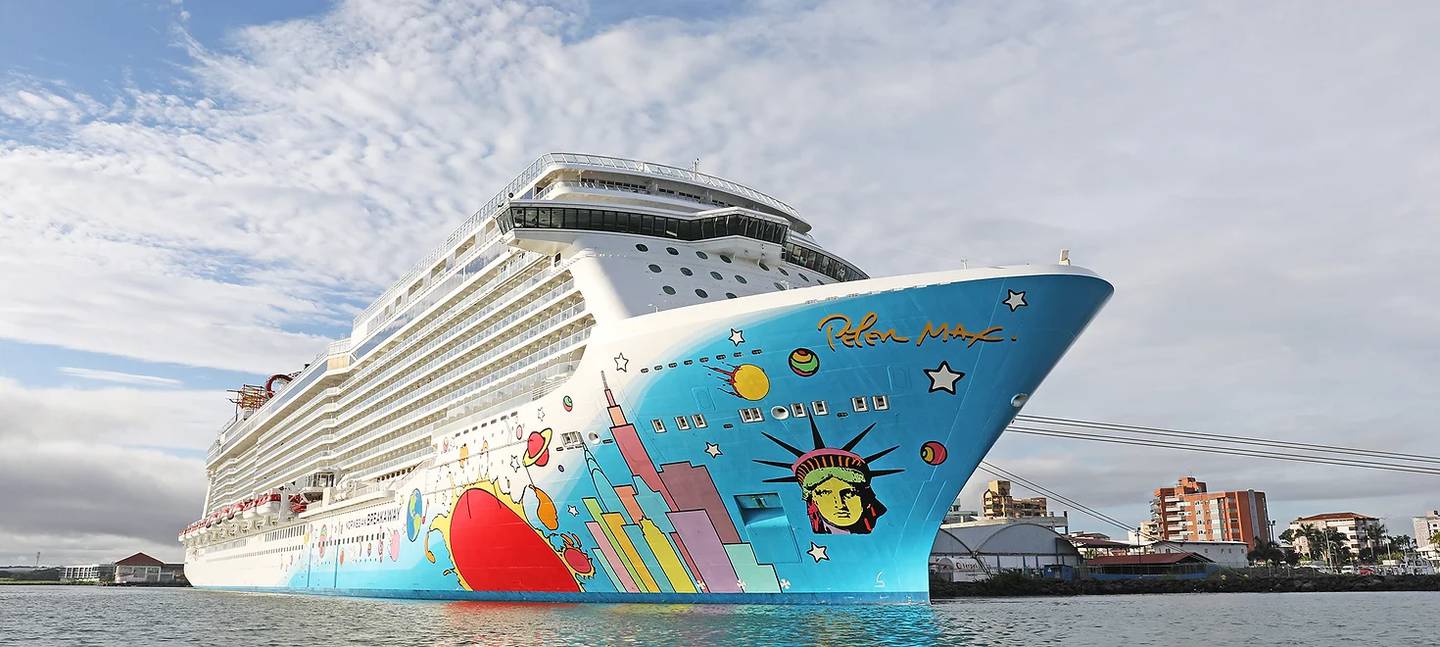The waters of the isthmus are agitated. The global maritime industry describes the new policy imposed by Panama of granting a single company, Monjasa, S.A., the power to provide the bunker service to ships in the port of Amador, in the Pacific, and in the port of Colón 2000, in the Atlantic.
The measure is given just as the 2022-2023 cruise arrival season begins in the country, a situation that shipping companies claim disrupts the activity, since they ensure that the communication offered lacks explanations.
This exclusivity had never been registered in Panama or in any other port in the world, commented Christoffer Pedersen, regional manager of Minerva Bunkering, a Swiss company considered one of the main suppliers of maritime fuel supply and which operates in 53 ports worldwide.

“I feel disappointed, because the truth is that Panama, despite not being the largest market in the world, continues to be an important market… this takes away any type of professionalism and ethics, and will further sink the reputation of the market,” said the bunkering expert, in an interview with Bloomberg Línea.
He added that the situation also threatens free competition and sets a negative precedent, because if a port acts in this way and the authorities allow it, the measure could be replicated.
One of the first to raise the voice of disagreement was the British-American shipping company, Carnival Corporations & PLC, which asked the Panama Maritime Authority (AMP) to allow access to all authorized bunker suppliers.
In a letter addressed to the administrator of the AMP, Noriel Araúz, Carnival’s vice president of global fuel supply, Michael MCNamara, pointed out that “a restriction of this nature is not constructive for the growing bunker business and implies higher operating costs and complexity of operations in the region.”
Guillermo Márquez Amado, former director of the Merchant Marine of the Panama Maritime Authority, does not hesitate to affirm that “in many parts of the world, and not only in Panama, these practices are considered unfair and monopolistic trade, which goes against free competition, and that also basically acts as a deterrent as far as the Plaza de Panama is not attractive to operate.”
The lawyer and also a former Panamanian magistrate recalled that the Political Constitution prohibits any action that tends to restrict or make free trade and competition impossible, that have monopoly effects to the detriment of the public.
In the same way, Law 56 of 2008 or port law establishes that port operators may not adopt discriminatory measures or rates that violate free competition or concurrence of concessionaires that provide auxiliary services and that in case of “discrimination” it is up to the AMP regulate it.
Bloomberg Línea consulted the AMP and the entity responded that “it does not authorize this exclusivity.” However, the operation model of authorized terminals allows operators to establish the parameters for the selection of service providers, based on the conditions established in the ports law, the entity said.
EXCLUSIVITY WITHOUT EXPLANATIONS
For its part, Puertos de Cruceros de Colón 2000, S.A. has avoided explaining the reasons for his decision. Isaac Tarazi Btesh, its manager, replied that he was not available and did not answer at least four calls and messages with questions.
The controversy surrounding exclusivity generated the pronouncement of various Panamanian business associations. The Association of Panamanian Shipowners (Arpa) asked the AMP to apply corrective measures to what they consider to be monopolistic practices, while the Panamanian Association of Business Executives (Apede) warned that the measure risks the permanence of port operations in the country, if they are not handled efficiently.
With information from Bloomberg Línea

